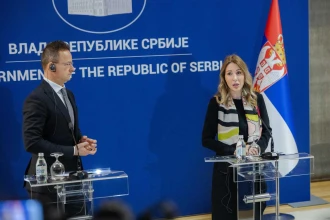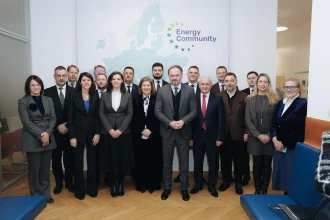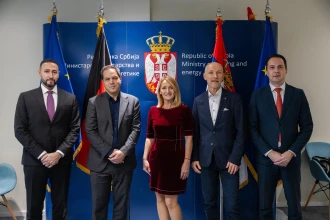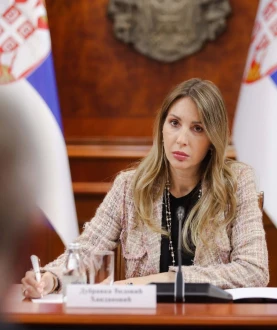The European Union supported the implementation of the Phase 2 of the program “Renewable Energy Sources - Development of the Biomass Market” in the Republic of Serbia with 10 million euros in grants. The project will enable heating plants in several local self-government units to switch to using biomass as an energy source, providing their citizens with a secure supply and a healthier environment.
Ten million euros in EU grants for the construction of new biomass heating plants in Serbia
Grant agreements were signed by Dubravka Djedović Handanović, Minister of Mining and Energy, and Tanja Miščević, Minister of European Integration, in the presence of Miloš Vučević, Prime Minister of Serbia, Olivér Várhelyi, EU Commissioner for Neighborhood and Enlargement, Anke Konrad, Ambassador of the Federal Republic of Germany to the Republic of Serbia, and Karsten Sandhop, Director of the Office of the German Development Bank KfW in Belgrade.
The total value of the project is EUR 31.9 million, with the remaining funds provided by a loan from the German Development Bank KfW and a donation from the Federal Republic of Germany.
"In the previous phase of the project, we built four biomass heating plants in Priboj, Mali Zvornik, Novi Pazar and Majdanpek, with a total investment of 27 million euros. This investment provided citizens with reliable, high-quality heating and cleaner air. With the support of the EU and Germany, we will continue these investments in Niš, Bajina Bašta, Prijepolje, Rača and Novi Pazar, where we plan to replace fuel oil and coal with biomass. Carbon dioxide emissions will be reduced by 88 percent, and sulfur dioxide will be almost completely eliminated, which means that citizens will have a healthier environment," said the Minister of Mining and Energy, Dubravka Djedović Handanović.
She thanked the European Union and partners from Germany, who are traditionally among the biggest donors to the energy sector in Serbia, and emphasized that more than a third of the funds for the Phase 2 of the project with KfW were provided through donations.
Commissioner Várhelyi said that new investments in district heating will continue to reduce air pollution while boosting local development and economic growth, as woody biomass must be supplied locally to be economically viable. "With the signed grant agreements worth 10 million euros, the EU supports investments in cleaner air and more secure energy supply, reinforcing the principles of the green transition by fostering energy independence and environmental responsibility," said Várhelyi, who also reminded that in the past 10 years, the EU has provided more than 600 million euros in grants to the energy sector of Serbia.
Tanja Miščević, Minister for European Integration, said that this project is important for energy diversification and the transition to new energy sources, primarily biomass.
This project has so far demonstrated sustainability and usefulness for citizens. In the Phase I, we built four new heating plants, and now we are entering the Phase 2 with interest from several additional municipalities. This drastically improves the environment in which our citizens live by reducing sulfur dioxide and carbon dioxide emissions. All these are elements of the energy transition and our alignment in the area of environmental protection, which includes Chapter 27, as well as the obligations we have assumed from the Green Deal and other regional initiatives," said the Minister.
The Minister thanked the European Union and Commissioner Várhelyi for their understanding of the needs for the development of infrastructure projects, including those in the field of energy, both in Serbia and in the region. She especially thanked the Federal Republic of Germany for the significant bilateral support and assistance it provides to Serbia and expressed her belief that cooperation in this direction will continue.
The Ambassador of the Federal Republic of Germany in Belgrade, Anke Konrad, emphasized that without the Western Balkans, international climate goals cannot be achieved.
"Through its strategic climate partnership with the countries of the Western Balkans, Germany will continue to support Serbia in implementing the ambitious energy transition process. In the case of Serbia, the sustainable use of biomass should facilitate the energy transition and contribute to the achievement of climate goals. Citizens in local governments where biomass heating plants were built could already feel the benefits of the Phase 1 of the project. "We are very pleased to continue to promote the energy sector that will enable a secure supply in a sustainable manner, since additional technical assistance will be provided to establish sustainable management of forest resources," Konrad said.


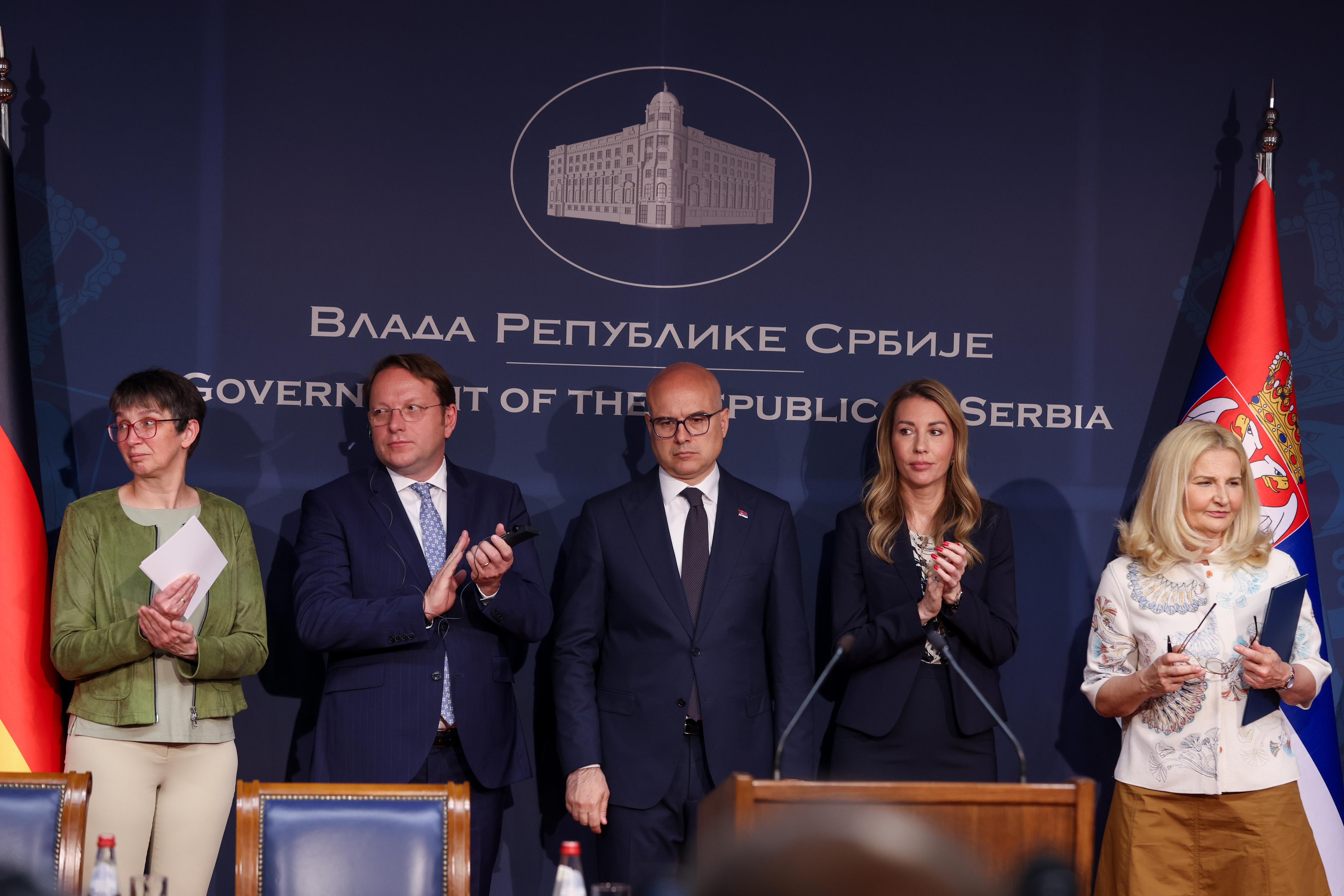
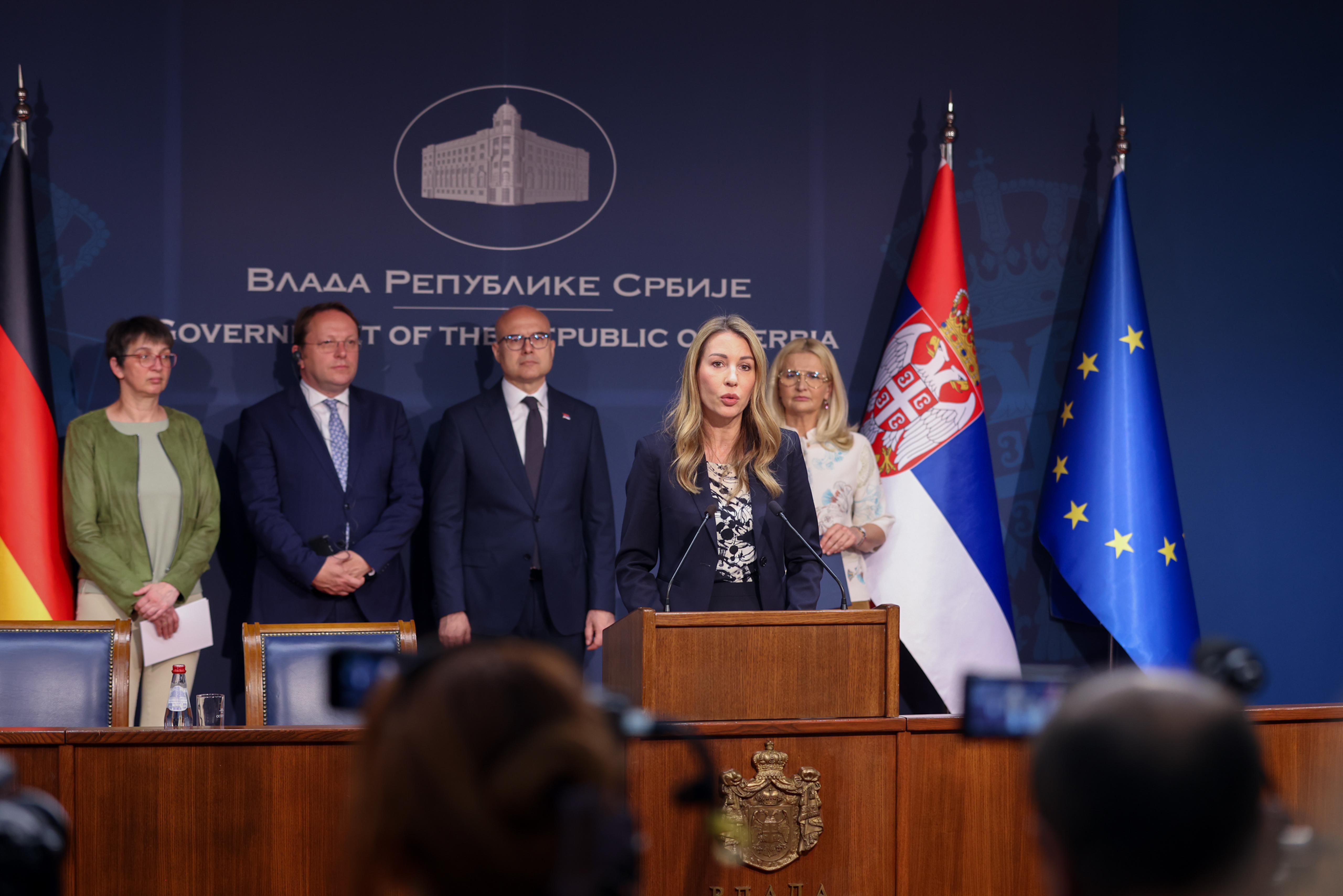
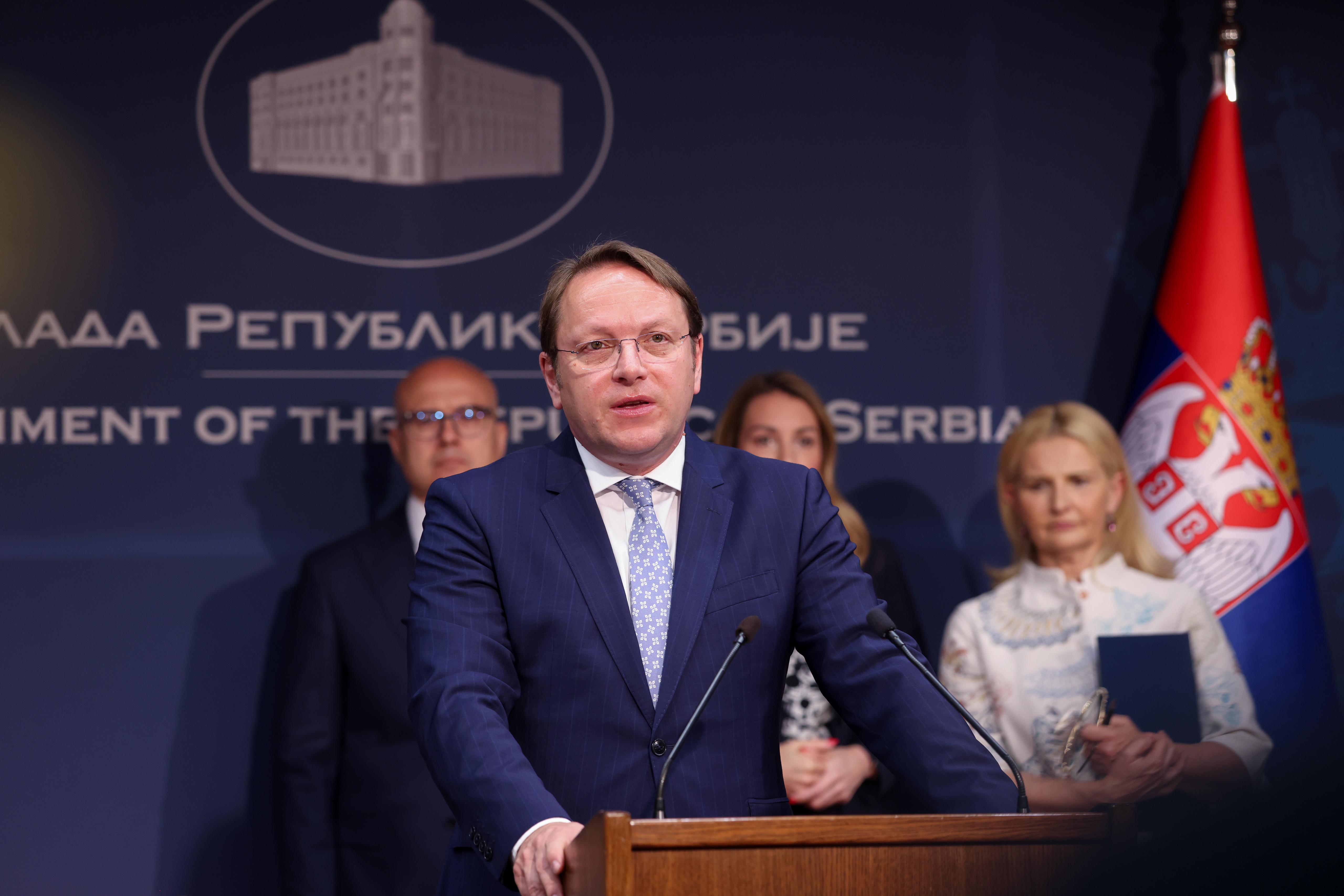
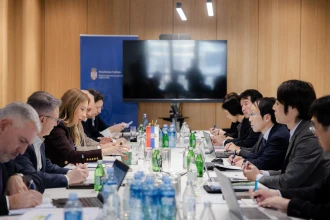
.webp)
